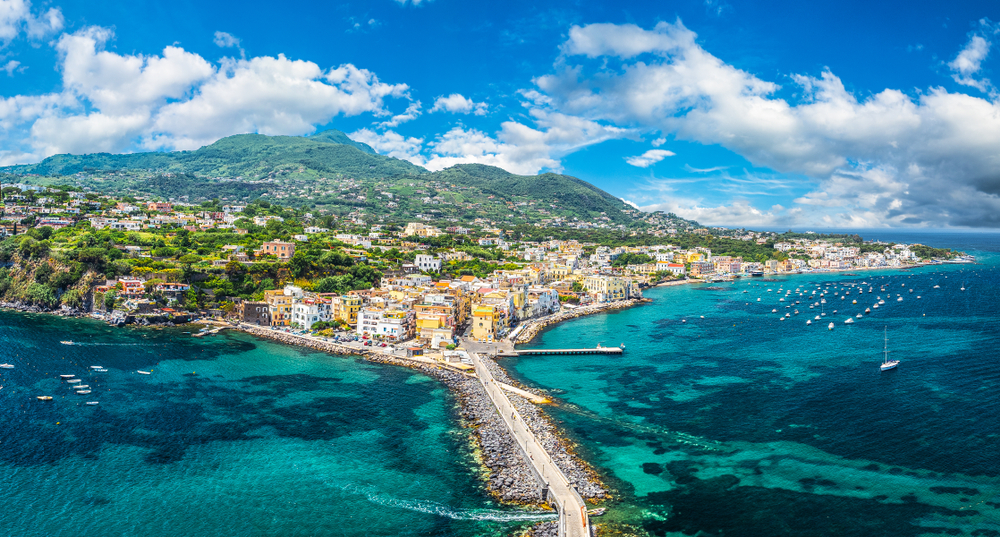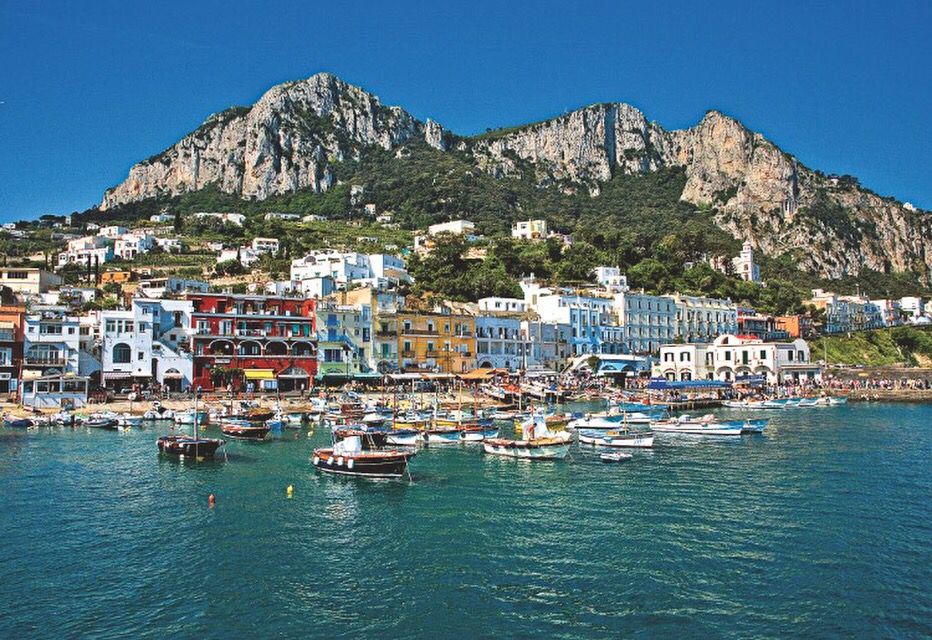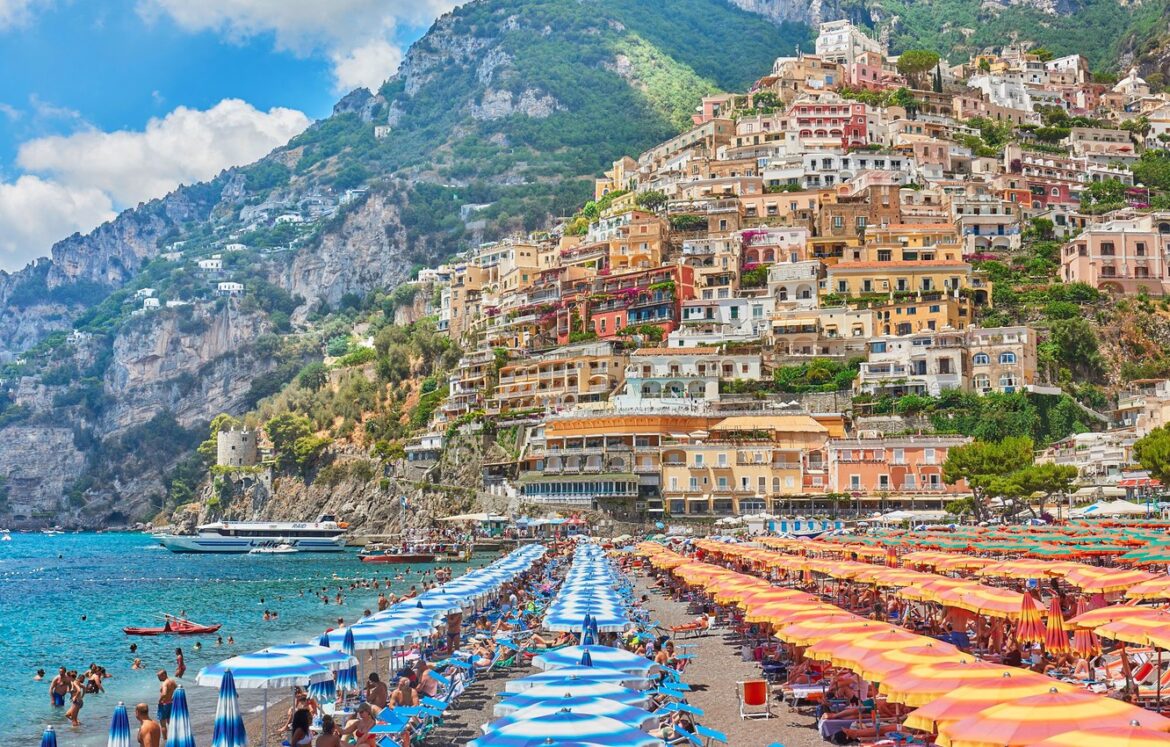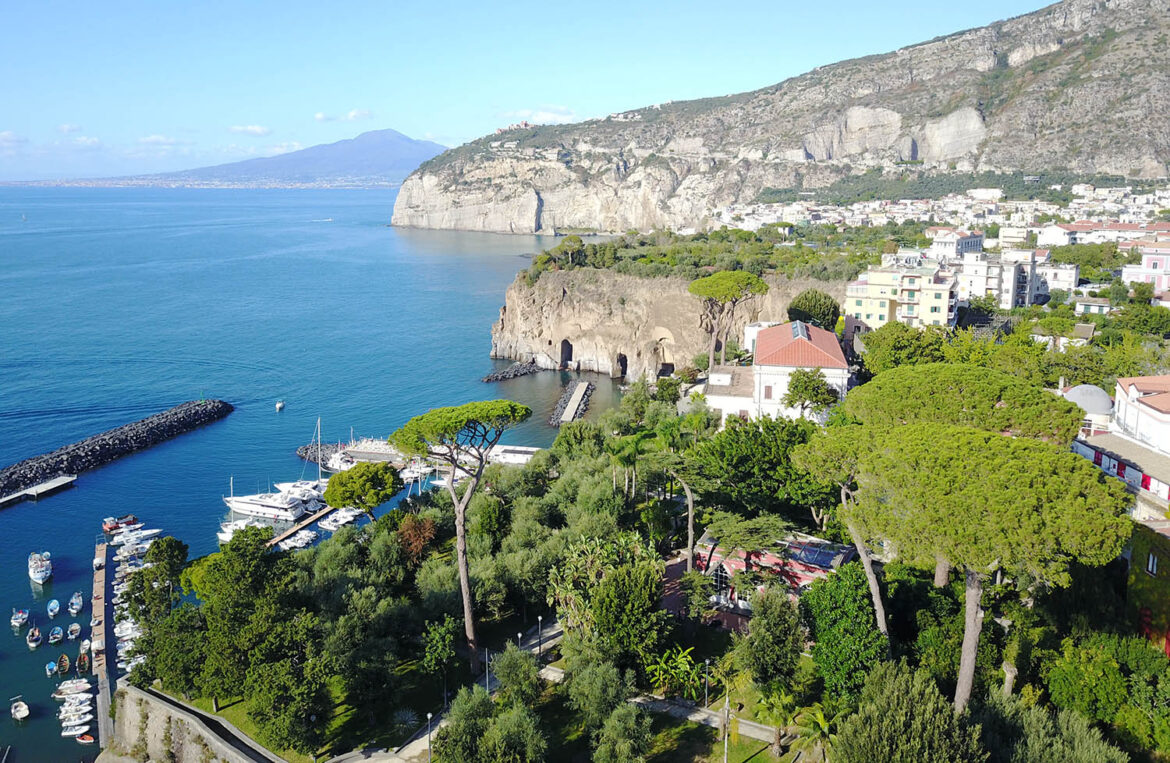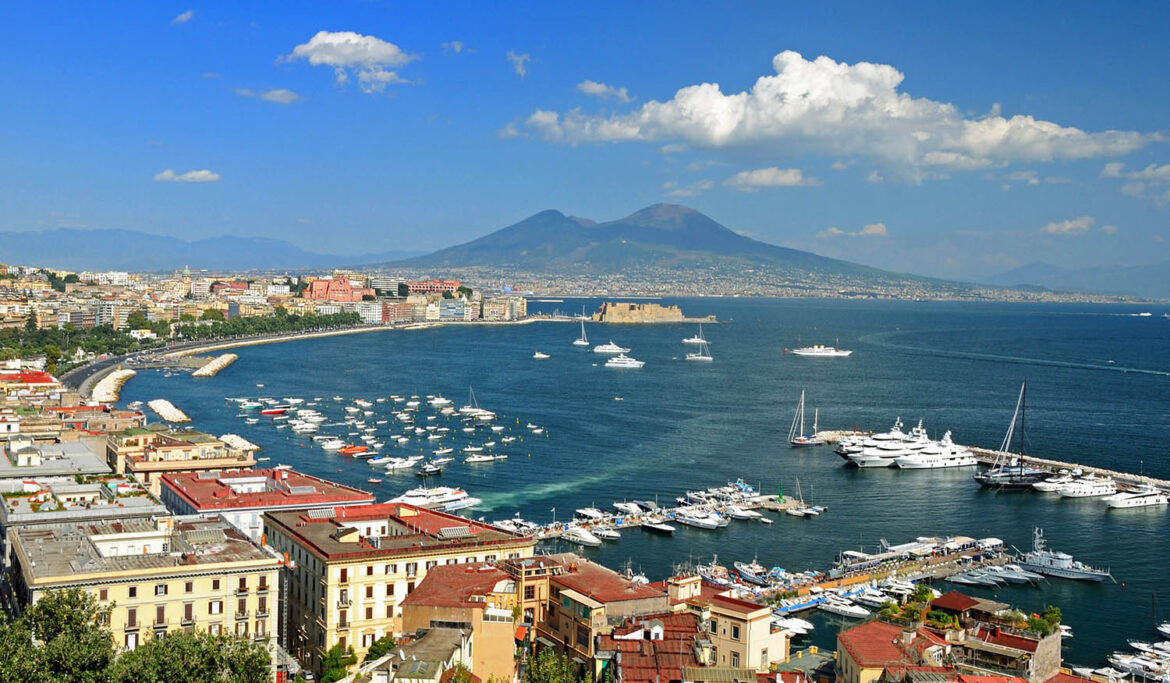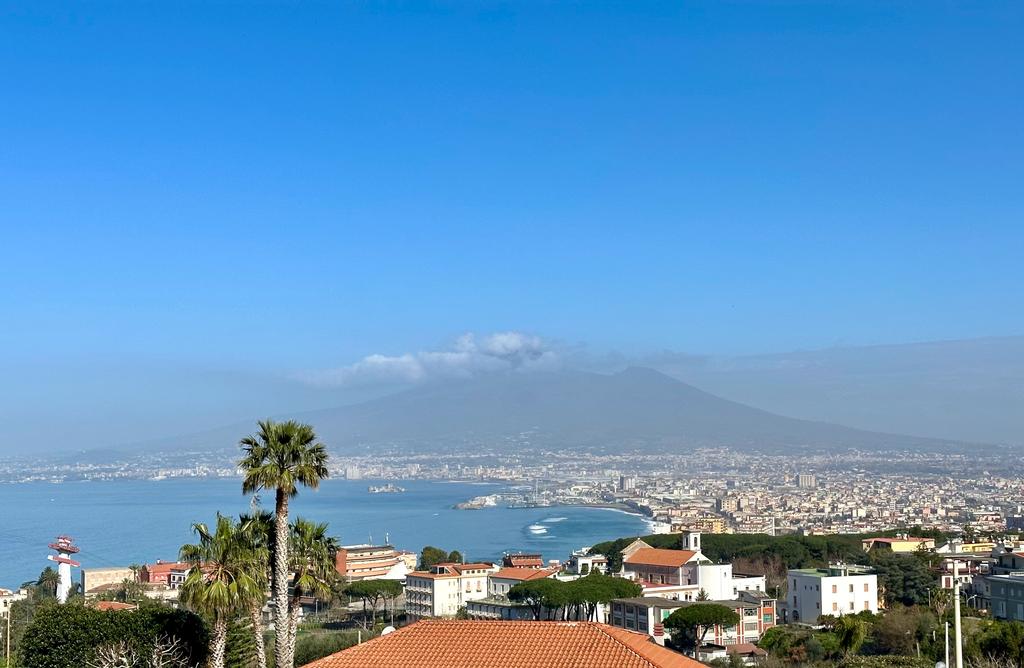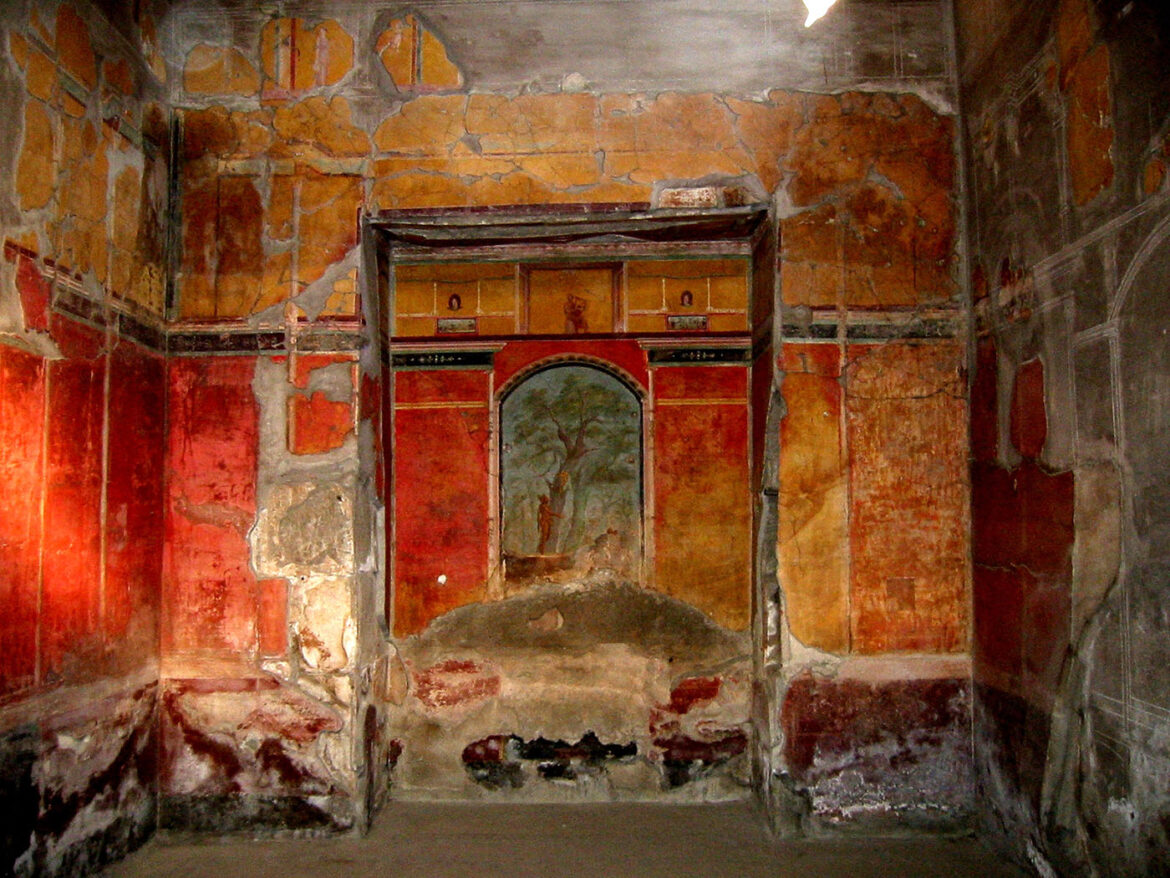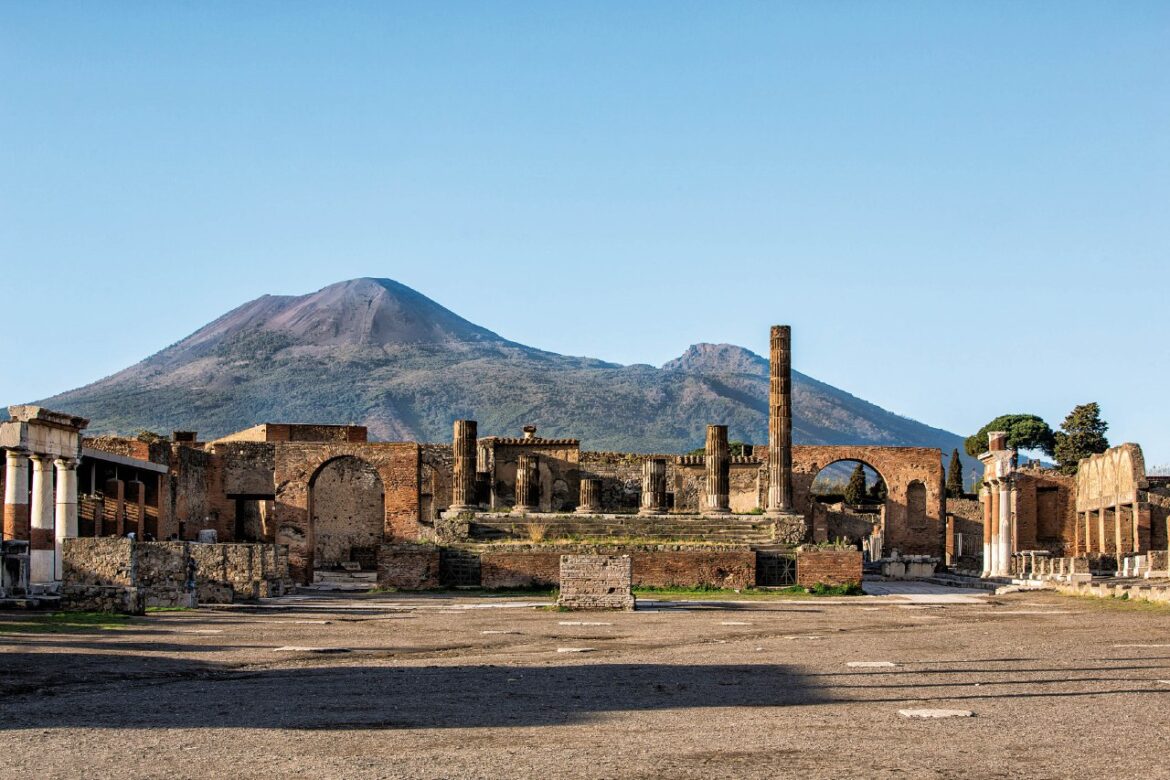Ischia is an international tourist destination, offering crystal clear waters, unspoiled landscapes, cultural sites and many other surprises. The island, of volcanic origin, hides in its underground a high concentration of thermal springs and a large variety of waters that make Ischia the “capital of European spa”.
With a precipitous, jagged coast, and encircled by the famous faraglioni (sea stacks), enormous and uniquely-shaped boulders, and by numerous caves that tell of evocative plays of light.
The most famous of these caves is the Grotta Azzurra (Blue Grotto), closely connected to the history of tourism in Capri.
The Amalfi Coast is one of the 55 Italian sites included by UNESCO, it appears as a balcony suspended between the cobalt blue sea and the slopes of the Lattari mountains, in a succession of valleys and promontories between coves, beaches and terraces planted with citrus fruits, vines and olive trees.
The Sorrento Peninsula is a strip of land that extends into the Tyrrhenian Sea, the side that goes to the Gulf of Naples to the north is known as the “Sorrento Coast”, while the side that overlooks the Gulf of Salerno to the south, it is known as the “Amalfi Coast”.
The city of Naples deserves a separate chapter as it is rich in art, history and culture which hides and preserves in every corner of its squares, streets and buildings In the city you can visit two of the most important Italian museums: the National Archaeological Museum and the Capodimonte Museum.
Famous for its wonderful landscapes, its luxuriant nature and the suggestive beauty. The most famous volcano in the world is an attraction for thousands of tourists during the year The Vesuvian territory, rich of historical and naturalistic beauties, boast of a production of agricultural for variety and originality of flavors.
Not only Pompeii, the Vesuvian and Neapolitan area is plenty of numerous sites historical-artistic of immense beauty and urban centers full of charm. Moving north we find an archaeological complex of enormous importance.
The historical remains of Pompeii are so important and fascinating that the city since 1997 became a UNESCO World Heritage Site.



